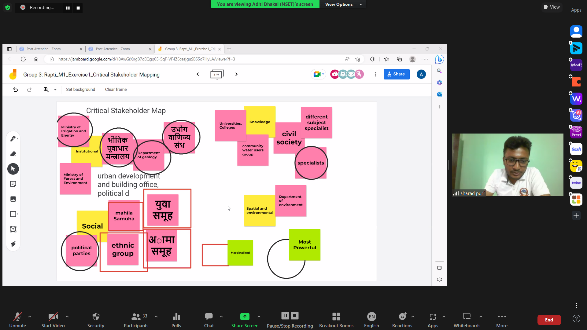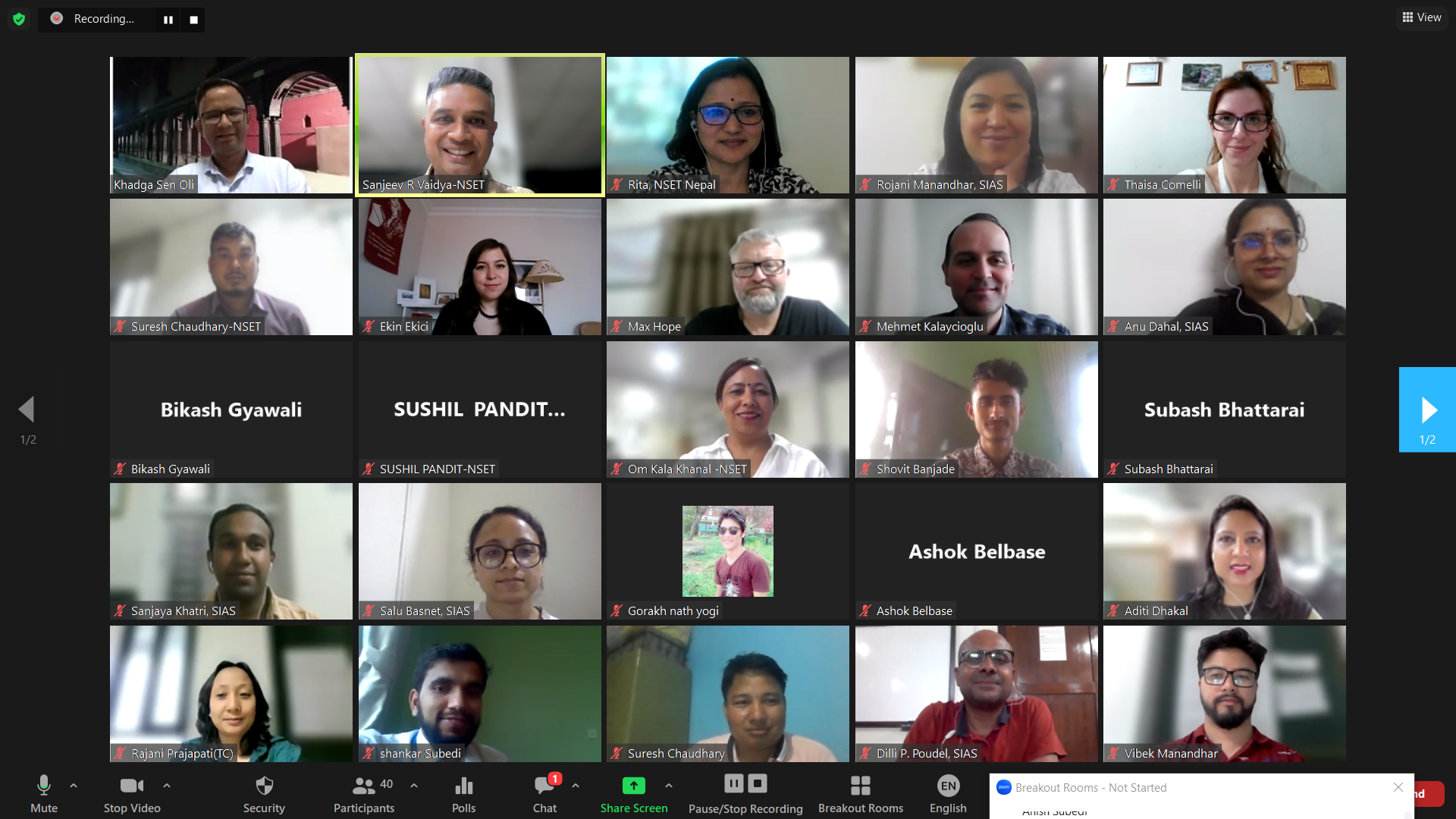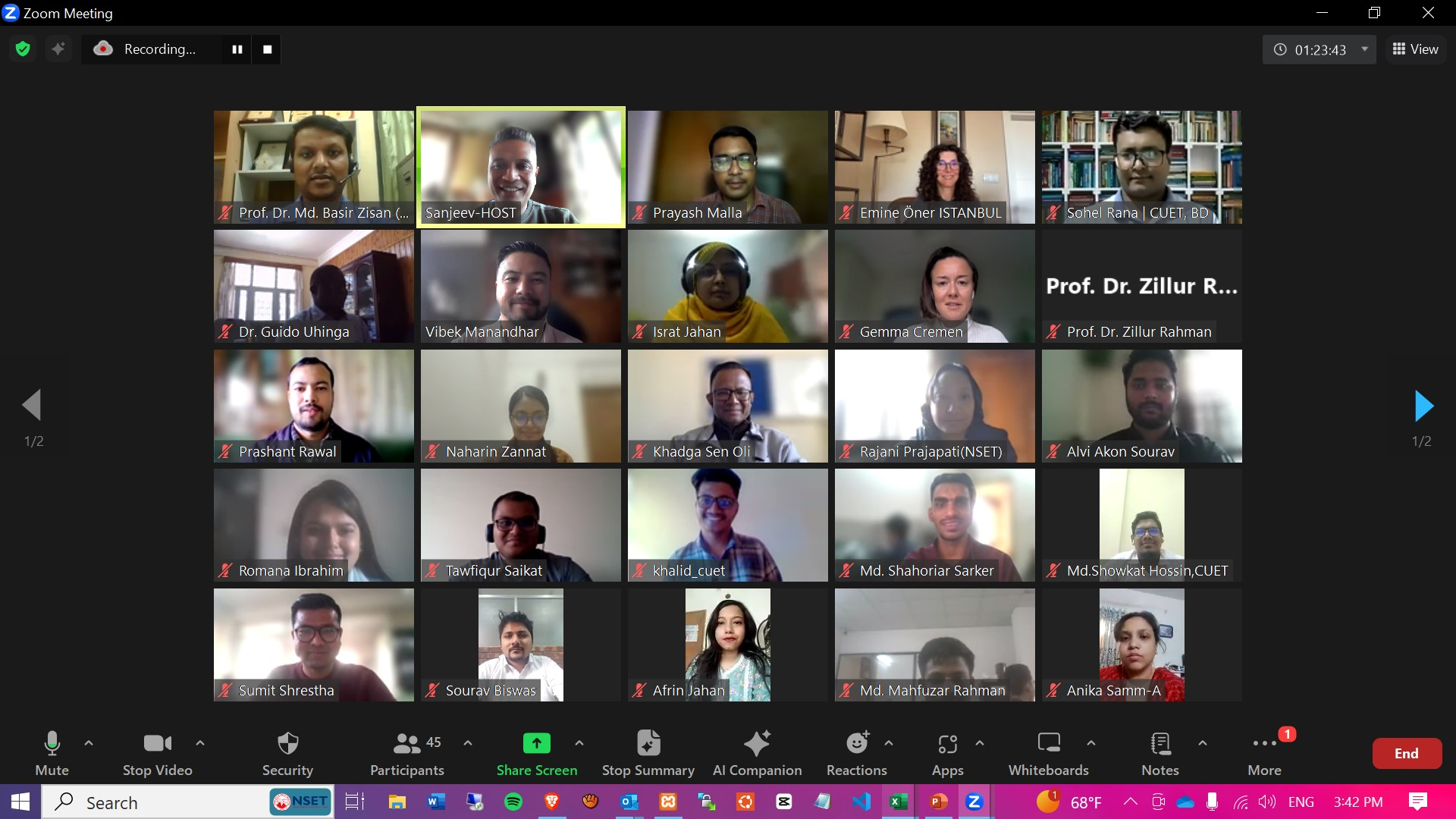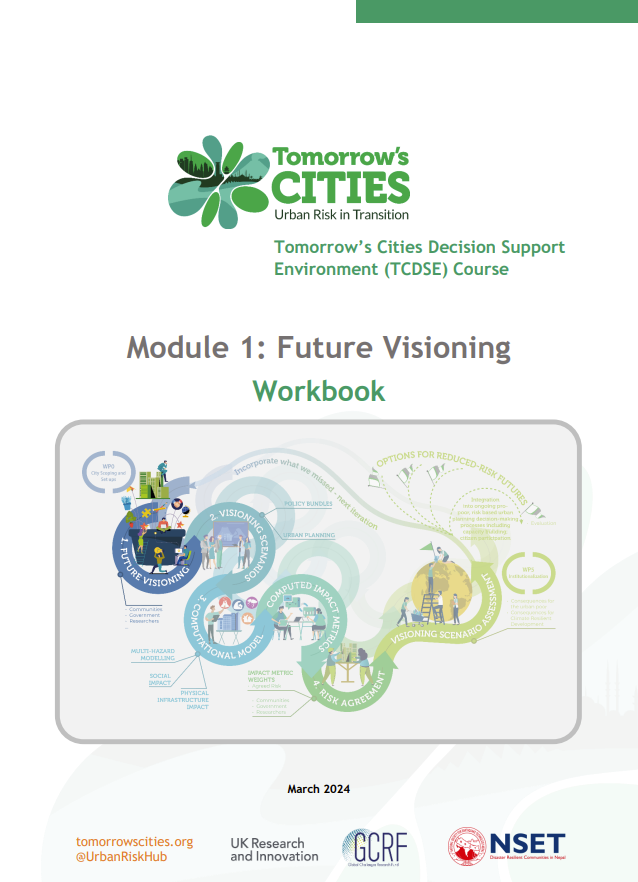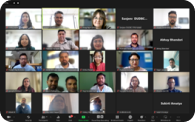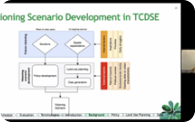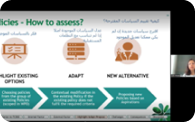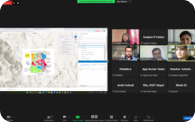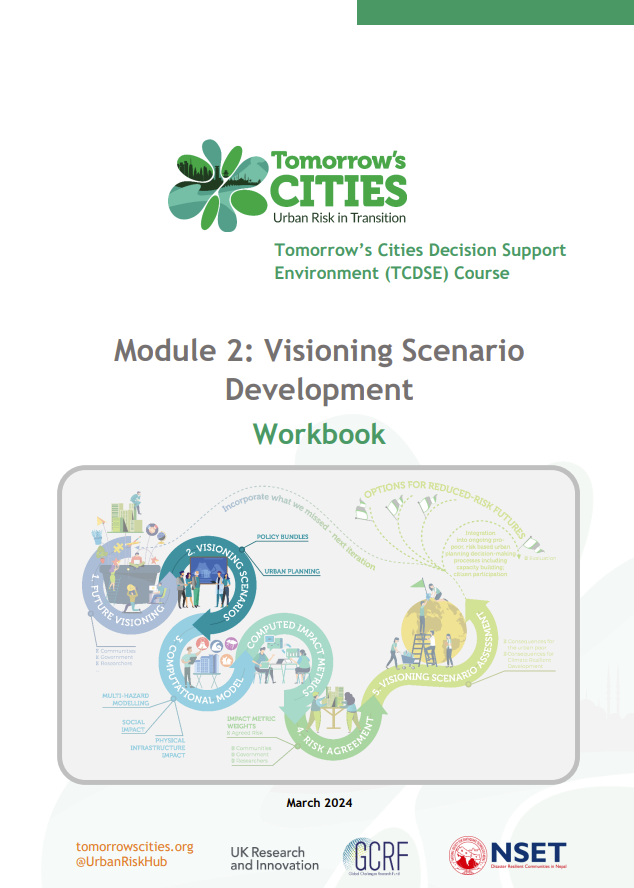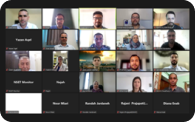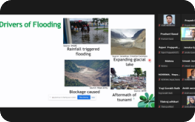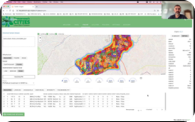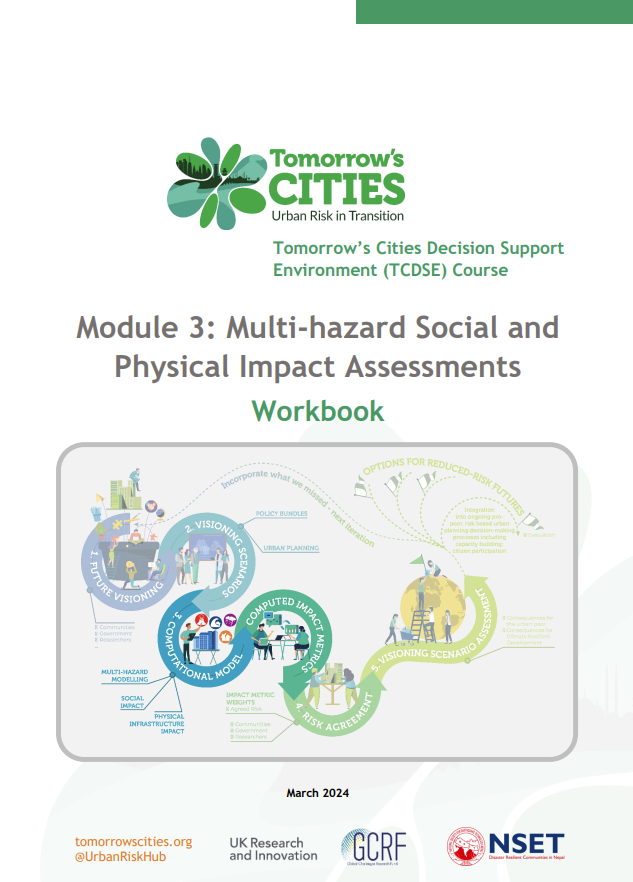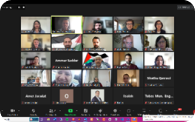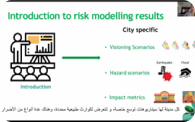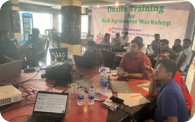
- Close
Training
Welcome to the Tomorrow's Cities Capacity Strengthening Program
Tomorrow’s Cities has developed a Capacity Strengthening Program to equip new cities with the skills needed for implementing and utilising the TCDSE. This program, which can be conducted in both an online and in-person format, has been tailored to each city’s unique context and covers all technical and operational aspects of the TCDSE. It is structured into four Modules and is delivered by researchers from the Hub.
After gaining an understanding of the TCDSE, cities and urban areas can customise the framework to fit their specific scenarios and achieve long-term self-sustainability.

-
 LOCATION
LOCATION
Online & In-person
-
 EXPERT LED
EXPERT LED
-
 TEACHING LANGUAGE
TEACHING LANGUAGE
English
-
 TARGET GROUPS
TARGET GROUPS
Government officials, DRR Experts, Professionals, Academia, Community involved in City planning and development works
Program Structure
- Download our document for details on our training program, designed to equip cities with disaster risk reduction skills.
-
 Download Document
Download Document
Module 1: Future Visioning
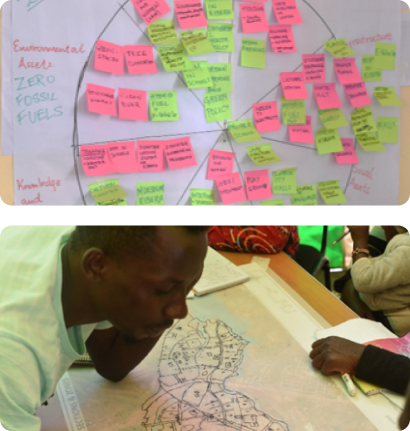

- Duration 3 days (around 13hrs)
Module 2: Visioning Scenario Development
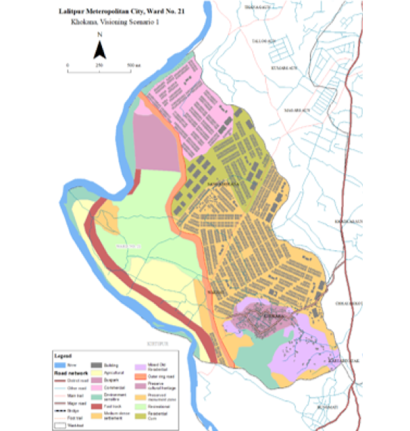

- Duration 2 days (around 9hrs)
Module 3: Multi-Hazard Physical and Social Impact Assessment
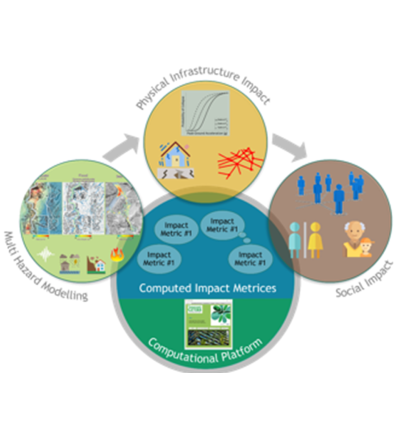

- Duration 5 days (around 16hrs)
Module 4: Risk Agreement
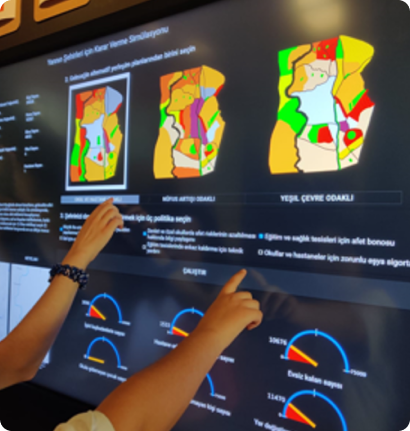

- Duration 1-2 days (around 5hrs)


